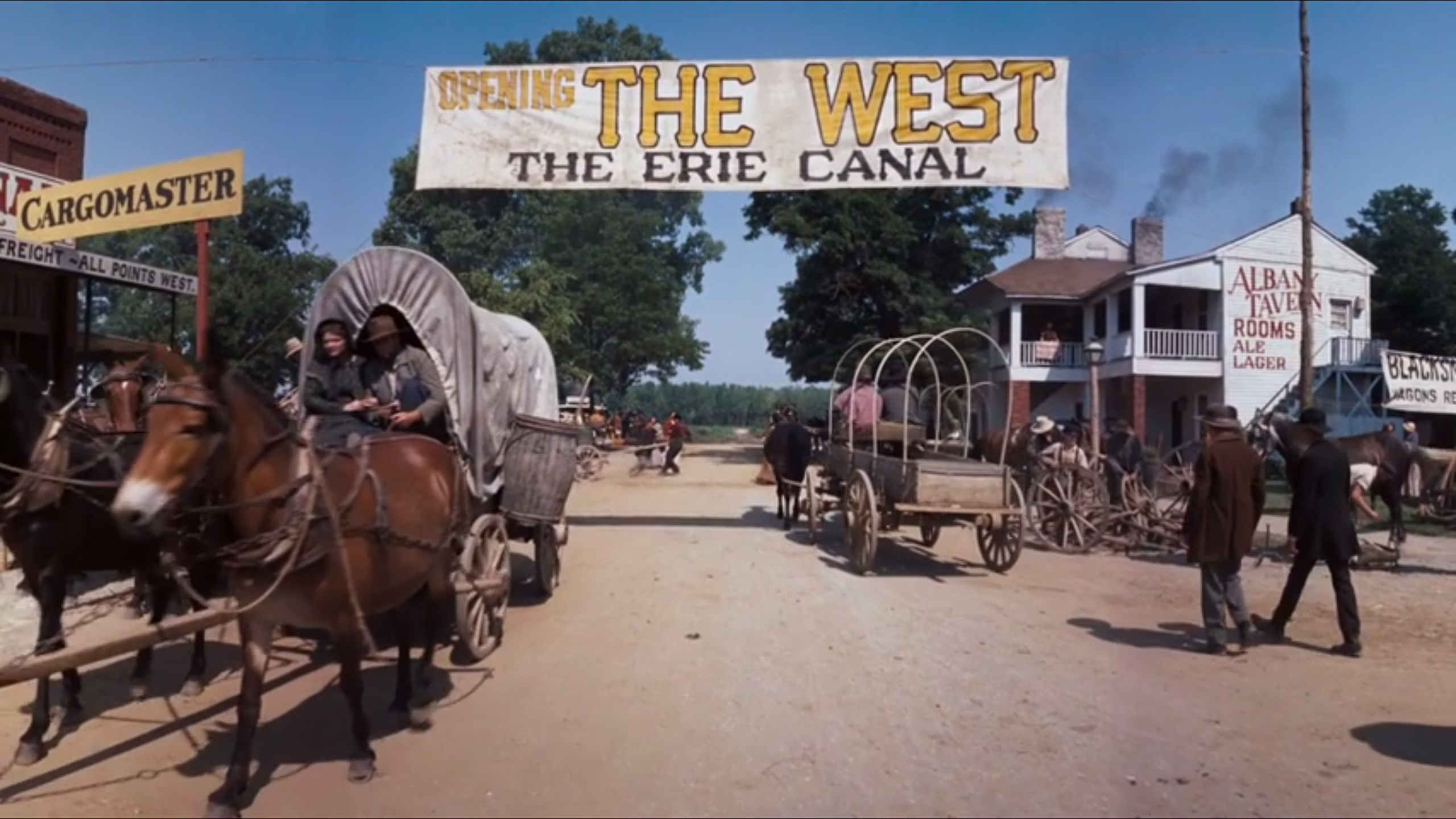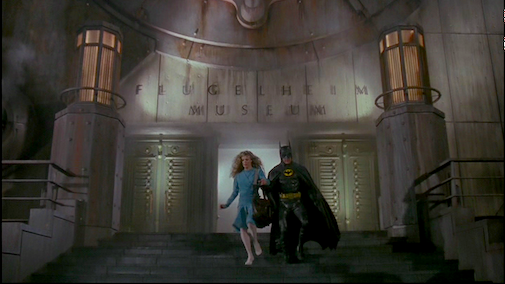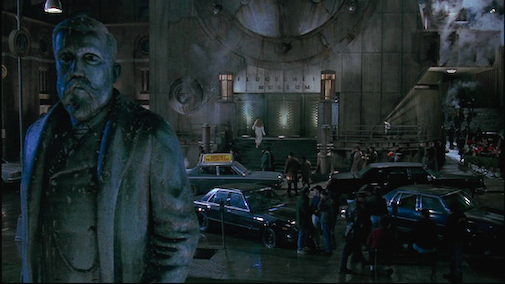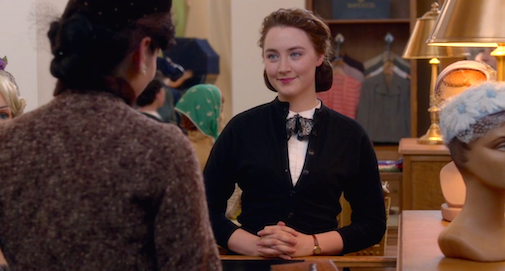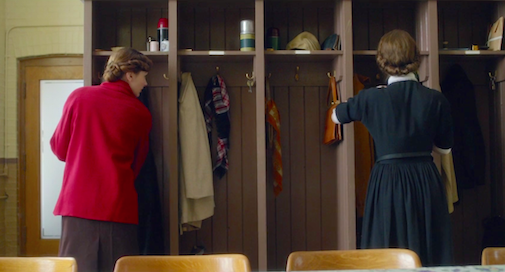The Furniture: The Forest and "The Force Awakens"
 Monday, April 11, 2016 at 10:34AM
Monday, April 11, 2016 at 10:34AM "The Furniture" is our new design series. Here's Daniel...

Once upon a time, Hollywood movie magic looked a bit different. In this age of CGI, with some blockbusters relying so heavily on digital effects that they border on fully animated features, it’s easy to forget how science fiction and fantasy once looked. This is why the throwback technical elements in Star Wars: The Force Awakens are so exciting to behold.
One could go on for quite some time about all these details, many of which come up in the extensive special features included on the Blu-ray. One production design revelation in particular that's worth celebrating is that the final fight scene between Kylo Ren and Rey, set in a dark and snowy forest, was shot on a set.
Initially, a location shoot was considered. Such a choice worked wonders for the forest sequence in House of Flying Daggers (2004) , certainly. Yet, due to the fact that the nighttime setting would severely restrict the schedule, the production design team led by Rick Carter and Darren Gilford began workshopping a solution [More...]




